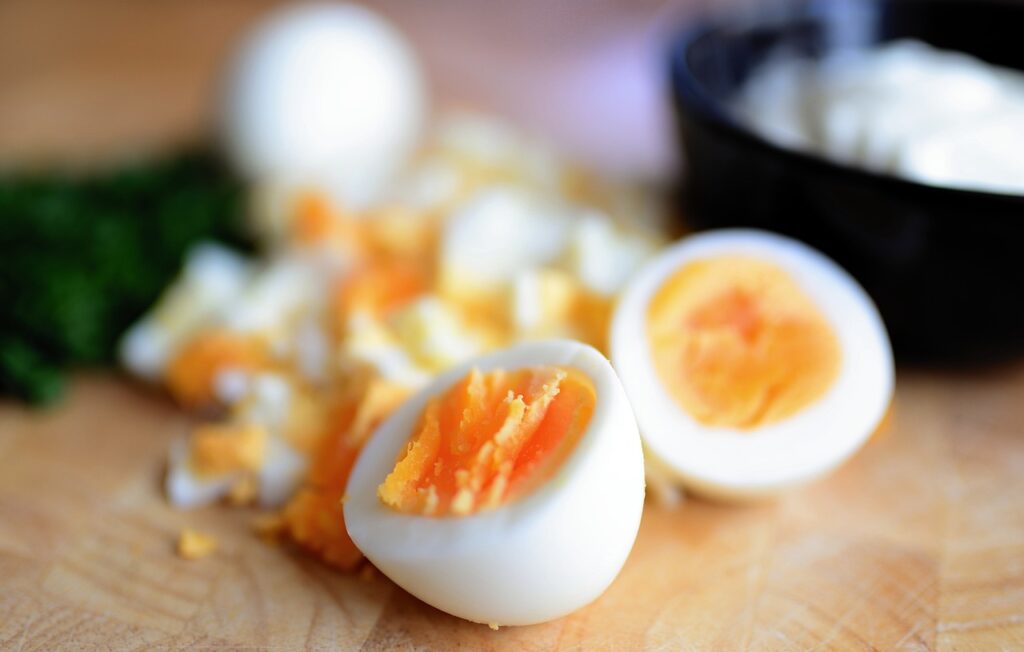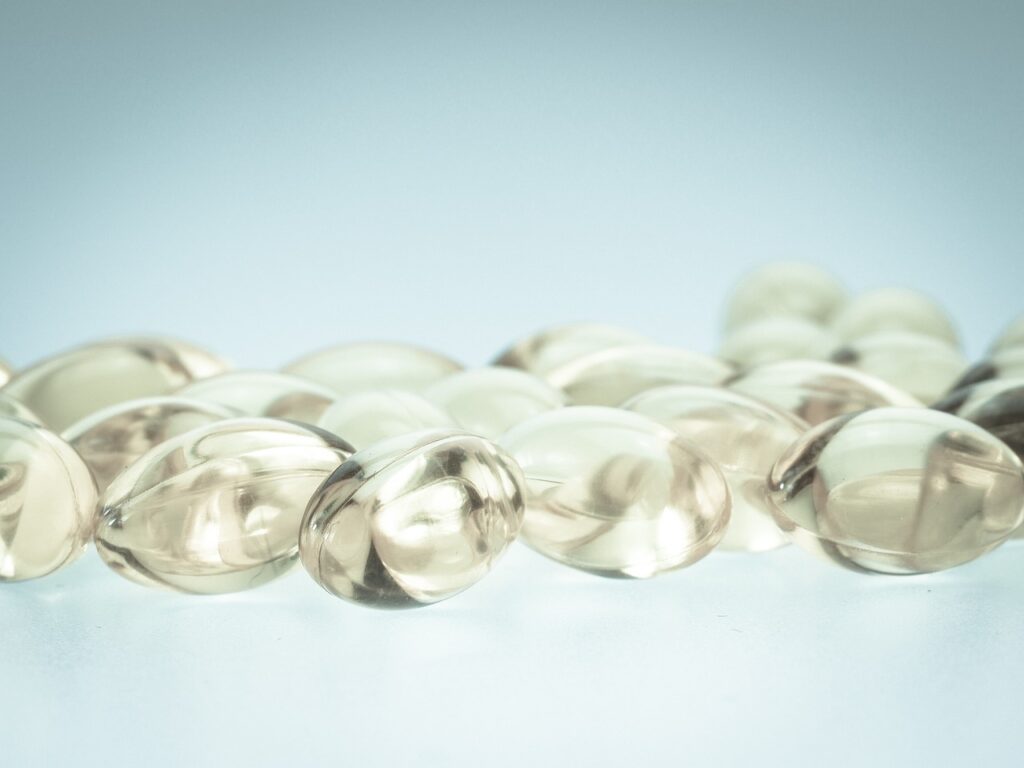Many people embark on weight loss journeys with a singular focus: watching the numbers on the scale drop. However, what they often don’t anticipate is how dramatically their skin can change throughout this process. The truth is, weight loss and skincare are more interconnected than most realize, and understanding this relationship can make the difference between achieving a healthy glow alongside a slimmer figure or dealing with unexpected skin issues that dampen the excitement of reaching weight goals.
When someone loses weight rapidly without considering their skin’s needs, they might find themselves dealing with loose skin, breakouts, or a dull complexion just when they expected to look their best. The good news? With the right approach, it’s entirely possible to lose weight in a way that enhances rather than compromises skin health.
Understanding the Skin-Weight Connection
How Weight Loss Affects Your Skin
The skin is remarkably adaptable, but it needs time to adjust to changes in body composition. When someone loses weight quickly, their skin doesn’t always have the opportunity to contract at the same rate. This is particularly true for those who have carried extra weight for extended periods, as the skin’s collagen and elastin fibers may have been stretched beyond their natural recovery point.
Beyond the structural changes, weight loss triggers hormonal shifts that directly impact skin appearance. As body fat decreases, hormone production changes, which can affect everything from oil production to skin cell turnover. Some people notice their skin becomes drier during weight loss, while others might experience unexpected breakouts.
The Nutritional Foundation
What someone eats during their weight loss journey doesn’t just affect their waistline—it shows up on their face too. Many popular weight loss approaches involve cutting entire food groups or drastically reducing calories, which can lead to nutritional gaps that manifest as dull, tired-looking skin.

The skin requires a steady supply of vitamins, minerals, healthy fats, and protein to maintain its barrier function and cellular repair processes. When these nutrients are lacking, even successful weight loss can leave someone looking less vibrant than they hoped.
Common Skincare Challenges During Weight Loss
Dealing with Loose Skin
Loose skin is perhaps the most common concern people face during significant weight loss. While genetics, age, and the amount of weight lost all play roles, the speed of weight loss is often the most controllable factor. Those who lose weight gradually—typically one to two pounds per week—give their skin more time to adapt and contract naturally.
Unexpected Breakouts and Skin Changes
Many people are surprised when their skin breaks out during weight loss, especially if they’re eating healthier than ever. These breakouts often stem from hormonal fluctuations, increased sweating from exercise, or reactions to new foods or supplements introduced as part of their weight loss plan.
Additionally, some experience changes in skin texture or tone. Areas that were previously stretched might reveal different pigmentation, or skin might appear thinner in certain spots as fat stores decrease.
Dehydration’s Double Impact

Dehydration affects both weight loss progress and skin quality, yet it’s often overlooked. When someone is dehydrated, their metabolism slows down, making weight loss more difficult. Simultaneously, dehydrated skin appears dull, tight, and more prone to fine lines.
Many weight loss strategies, particularly those involving increased protein intake or certain supplements, can have mild diuretic effects, making adequate hydration even more crucial.
The Holistic Approach: Syncing Your Goals
Setting Realistic Timelines
The most successful transformations happen when someone aligns their weight loss timeline with their skin’s natural regeneration cycle. Skin cells typically renew every 28 days, so giving the body at least this long to show improvements from dietary and lifestyle changes sets realistic expectations.
Those who aim for gradual weight loss—around four to eight pounds per month—often see better skin results alongside their weight loss achievements. This pace allows the skin to adapt while ensuring adequate nutrition for cellular repair and renewal.
Choosing Skin-Friendly Weight Loss Methods

Not all weight loss approaches are created equal when it comes to skin health. Methods that emphasize whole foods, adequate protein, and healthy fats tend to support skin health while promoting weight loss. Conversely, extreme restriction diets or those that eliminate entire macronutrient groups often compromise skin quality.
The key is finding an approach that creates a moderate calorie deficit while providing all the nutrients the skin needs to thrive.
Nutrition Strategies for Dual Benefits
Foods That Serve Both Goals
Certain foods excel at supporting both weight loss and skin health. Fatty fish like salmon provide protein for muscle maintenance during weight loss while delivering omega-3 fatty acids that keep skin supple and reduce inflammation. Leafy greens offer few calories but abundant vitamins A and C, which support collagen production.
Berries deserve special mention for their dual benefits. They’re low in calories and high in fiber, supporting weight loss goals, while their antioxidants protect skin from damage and support cellular renewal.
Strategic Hydration
Proper hydration supports weight loss by helping maintain metabolism and reducing false hunger signals. For skin health, adequate water intake maintains plumpness and supports the skin’s natural detoxification processes.
The general recommendation of eight glasses per day might need adjustment for those actively losing weight, especially if they’re exercising more or following higher-protein diets.
Supplement Considerations

While whole foods should be the foundation, certain supplements can support both weight loss and skin health. Collagen peptides have gained popularity for potentially supporting skin elasticity during weight loss, though results vary among individuals.
Omega-3 supplements can be particularly beneficial for those who don’t regularly eat fatty fish, supporting both healthy weight management and skin barrier function.
Exercise and Movement Considerations
Workouts That Benefit Both Goals
Resistance training deserves priority in any weight loss plan focused on skin health. Building and maintaining muscle tissue helps fill out loose skin while boosting metabolism for continued weight loss. Compound movements that work multiple muscle groups provide the best return on investment.
Cardiovascular exercise supports weight loss and improves circulation, which brings nutrients to skin cells and helps remove waste products. However, excessive cardio without adequate nutrition can sometimes compromise skin quality by increasing oxidative stress.
Managing Exercise-Related Skin Issues
Increased exercise often means more sweating, which can lead to clogged pores if not managed properly. Those serious about both their weight loss and skin health develop post-workout skincare routines that include gentle cleansing and appropriate moisturizing.

The key is removing sweat and bacteria without over-cleansing, which can disrupt the skin’s natural barrier and lead to irritation or increased oil production.
Skincare Routines During Active Weight Loss
Adapting to Changing Needs
As weight loss progresses, skin needs often change. Someone might find that their previously oily skin becomes normal or even dry as hormones shift. Regular assessment and adjustment of skincare routines ensure the skin gets what it needs throughout the transformation.
This might mean switching to more hydrating products, adjusting cleansing frequency, or incorporating new treatments to address specific concerns that arise during weight loss.
Key Ingredients for Weight Loss Phases
Certain skincare ingredients can be particularly beneficial during weight loss. Hyaluronic acid helps maintain skin hydration, which is crucial when making dietary changes. Niacinamide can help regulate oil production as hormones fluctuate.
For those dealing with loose skin, ingredients that support collagen production, such as vitamin C and retinoids, may provide some benefit, though realistic expectations are important.
Maintenance and Long-term Success
Sustaining Results
The most challenging phase often comes after reaching weight loss goals. Maintaining both the weight loss and healthy skin requires transitioning from active weight loss strategies to sustainable maintenance habits.

This is where the benefits of taking a gradual, skin-conscious approach to weight loss become most apparent. Those who developed healthy habits that supported both goals throughout their journey find maintenance more manageable.
Building Lasting Habits
Success in both weight maintenance and skin health comes from consistent daily habits rather than periodic intensive efforts. This might include maintaining adequate protein intake, staying hydrated, protecting skin from sun damage, and keeping up with regular exercise.
The habits that supported both weight loss and skin health during the active phase often need only minor adjustments for long-term maintenance.
Conclusion
Achieving weight loss goals while maintaining healthy, vibrant skin requires a thoughtful approach that considers both objectives from the start. By understanding how weight loss affects skin health, choosing strategies that support both goals, and maintaining realistic expectations, anyone can navigate their transformation journey successfully.
The key lies in patience, consistency, and recognizing that the most lasting transformations happen gradually. When someone aligns their weight loss efforts with their skin’s natural processes and needs, they’re more likely to achieve results they can maintain long-term while looking and feeling their best throughout the journey.
Remember, every person’s experience will be unique, and what works for one individual may need adjustment for another. The most important step is beginning with awareness of how these two aspects of health interconnect and planning accordingly.





